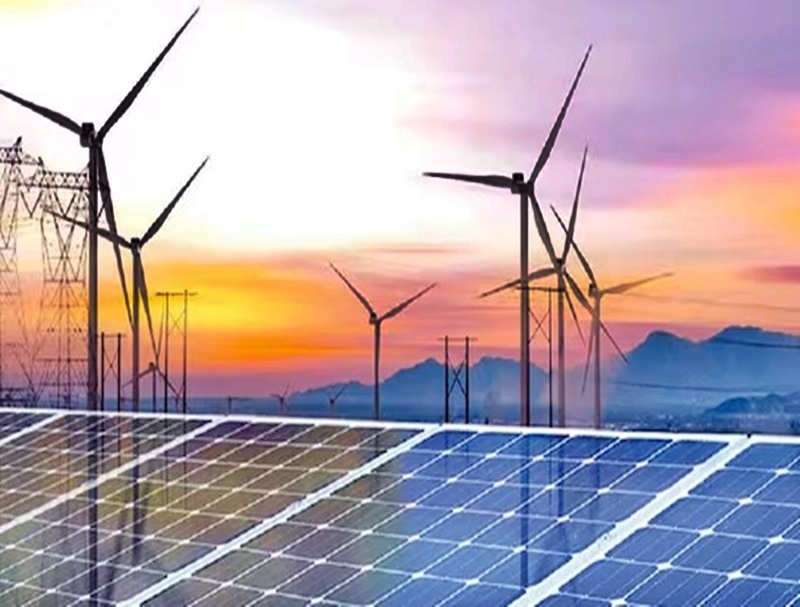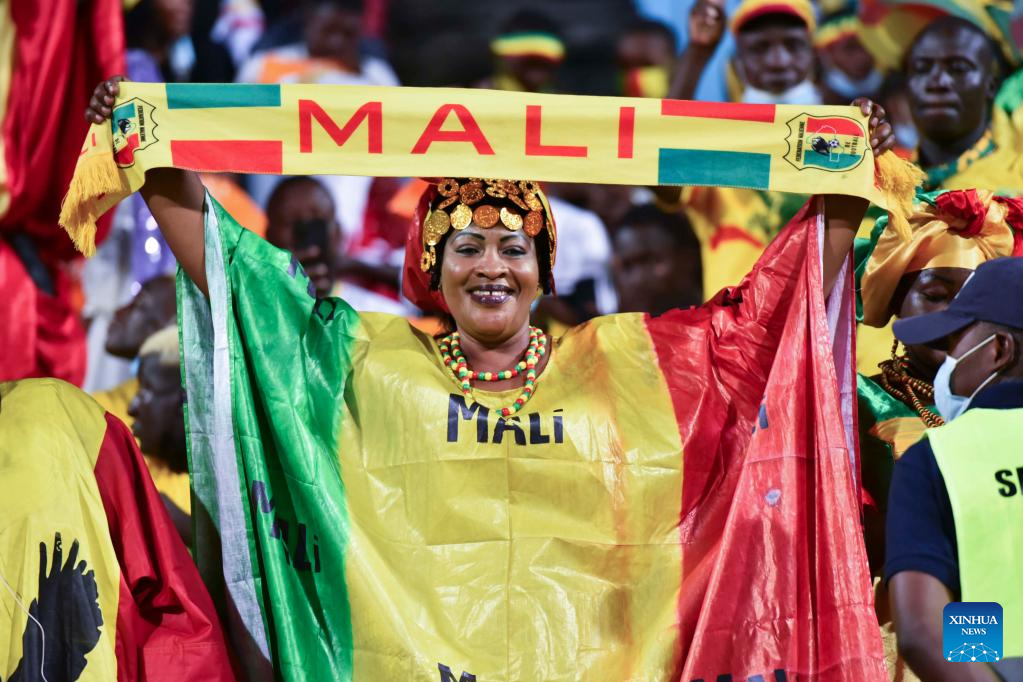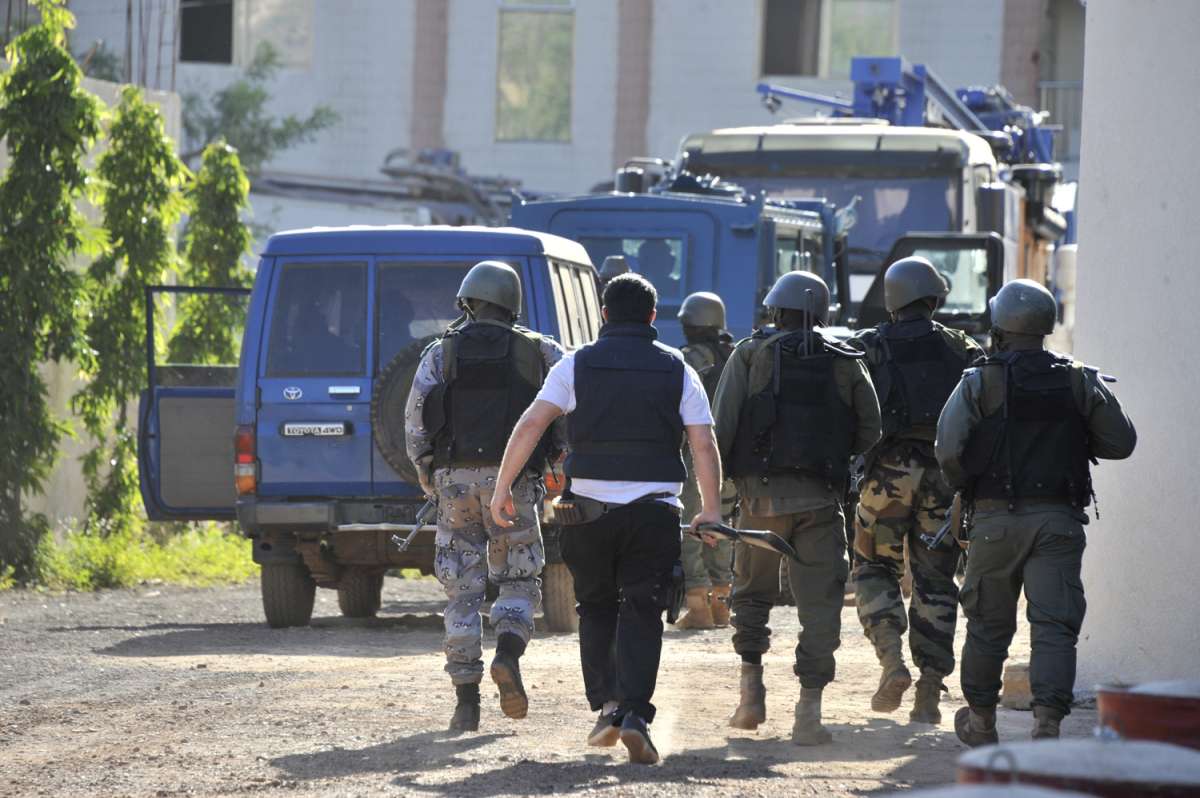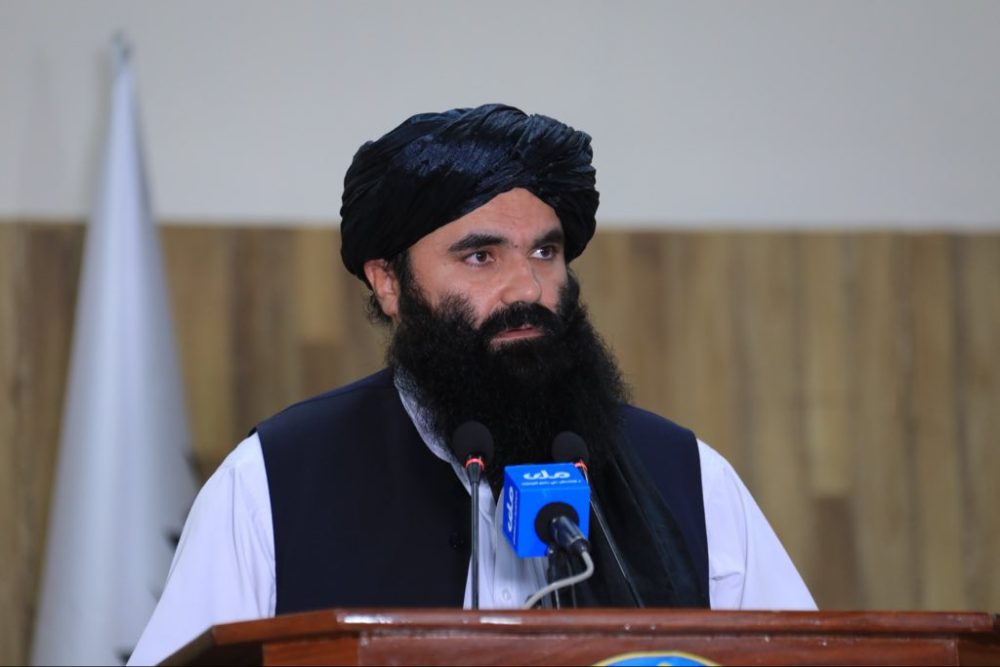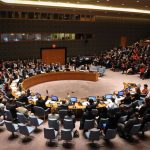The border village of Karan and its 3,000 people used to go days without electricity. Now, enough power is available around the clock to run small video gaming centers and boost commercial activities
A solar power plant in this rural corner of Mali has jolted a village to life and awakened dreams of steady power in other areas of this West African nation as it sees unprecedented growth in renewable energy.
The border village of Karan and its 3,000 people used to go days without electricity. Now, enough power is available around the clock to run small video gaming centers and boost commercial activities.
The electricity comes from a mini-grid of dozens of panels and storage batteries operated by WeLight, a Madagascan rural electrification startup, since 2021.
“Before the solar power came to the village, I ran my bakery with a generator,” said Samba Diakité. Running the diesel-powered generator used to cost $100 a day. He said he now saves more than half of that amount and has a daily income of $124.
But experts say the rest of Mali — and much of West Africa — has a long way to go before seeing similar progress. Many rural areas remain without electricity, affecting everything from students’ evening homework to business investment.
Only 53% of Mali’s population had access to electricity as of 2021, according to the latest data from the World Bank. In rural areas, access is as low as 25%, according to Abdoulaye Makan Sissoko, an official with Mali’s rural electrification agency.
Studies have shown that achieving universal access to electricity in Mali would require an investment of around $1.3 billion to extend networks and create more mini-grids, Sissoko said.
Solar power is a recent development in the country. The government is encouraging the use of it by exempting equipment from customs duties and promising to subsidize the price of solar kits. Without such subsidies, solar energy in Mali is about twice the price of the traditional fossil fuel energy used in cities.
For now, people pay a subscription ranging from $30 to $164 for a meter and pay about $0.50 per kilowatt.
The rural electrification agency says 32 mini-solar plants like the one in Karan are in four regions in Mali’s south and southwest of the country, providing power for more than 2 million people, and are run by WeLight and German-owned Africa GreenTec.
“We started with 48 connections and now we have more than 200. We had to expand our generation capacity and distribution network to meet demand,” said Brice Bado, WeLight’s sales manager, speaking about Karan.
Mali’s government has recognized the need for electricity. This year, it approved raising money from telephone, mobile money and alcohol sales and usage fees to boost electricity production. In March, telephone companies announced a 10% levy on telephone and internet credit top-ups and a 1% levy on mobile money cash withdrawals.
But the country’s political crisis has also affected the push to expand electricity access. After two coups, the relationship between the military-run government and some foreign partners deteriorated, leading to the withdrawal of key ones.
Among them was France, which along with the European Union had a $39.5 million rural electrification project called PHARE in a startup phase. It is now cancelled.
There were also rural electrification projects financed by the Islamic Development Bank to electrify 24 villages awarded to French company Sagecom, but the military government ordered the bank to revoke the contracts and reopen the bidding process, according to Sissoko with the rural electrification agency. Now the project is being cancelled, he said.
Meanwhile, the World Bank last year suspended $60 million in financing to support Mali’s state-owned energy company over a dispute with the military government about financing arrangements.
Political instability is one reason why countries in the Sahel — the arid strip south of the Sahara desert — have not been able to achieve electrification goals, along with insecurity and poor governance, said Beverly Ochieng, a security analyst with the London-based Control Risks.
Insecurity caused by extremist attacks is another challenge to expansion in Mali, especially in the north, limiting the areas where companies can safely set up solar mini-grids.
“Energy needs continue to grow at a rate of between 4 to 10%, depending on the countries, and this combination of factors makes the Sahel and Mali a difficult environment to support the development of sustainable projects,” Ochieng said.
Nonetheless, the solar plant has brought some relief to Karan, one of the villages selected based on data provided by Mali’s rural electrification agency.
Issa Doumbia, wearing goggles as he welded a metal door, recalled how he used to spend $16 to $23 a day on diesel for a generator but now spends $8 thanks to solar power.
“There’s not much of a market to make big profits. So, I would like to see the price of electricity go down,” he said. As night fell, trader Mah Konaré spread lettuce, tomatoes and cucumbers on a table along the main road. Her business has been extended with the help of the new streetlights.
“Beyond myself, these streetlights bring security to the village,” she said. “I now feel safe when my father goes to the mosque at night.”


